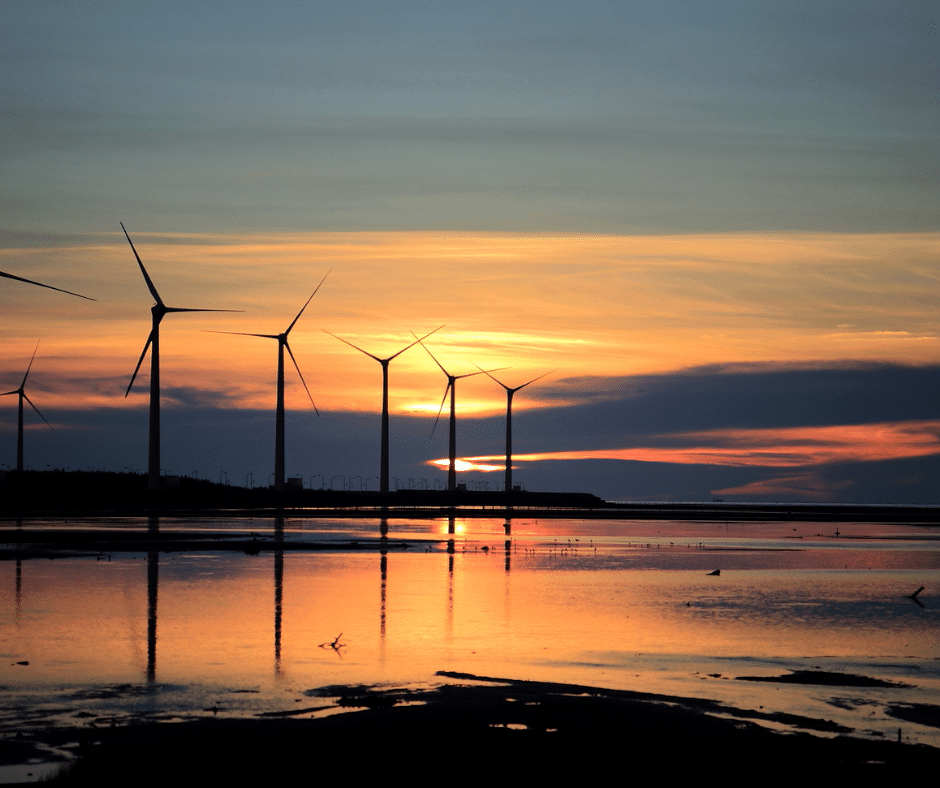Energy is an abstract concept. It cannot be seen or touched, but it powers virtually every aspect of life on earth. And while everyone knows that energy has a cost, few realize that no form exists at the exact same price from place to place.

In order to provide a clearer picture of where different types of energy stand, we have created a list of the most popular forms of energy in the world.
Petroleum
Although it is a relatively new type of fuel, petroleum has quickly become one of the most sought-after types of energy available. In fact, petroleum is such an integral part of consumer culture that it can be found in almost every corner of society.
From gasoline that powers cars on the road to heating oil for homes and even jet fuel for planes, petroleum is essential. And while its impact may not always be evident on a daily basis, petroleum fuels the modern world in more ways than one.
Natural Gas
The second most popular form of energy on earth is natural gas. While the price of natural gas varies widely between regions, it does make up a large part of the overall energy market.
Natural gas is known primarily for its use as a heating source. But it has also been used to create power for electrical appliances in the home and tools on construction sites. Although natural gas has existed throughout history, it is now being used in a wider range of applications than ever before.
Coal
Although coal has been used for thousands of years, it didn’t become a viable fuel source until the 18th century when new technologies were developed with which to utilize it. Since then, coal has been widely used by industries and individuals in order to create power for a variety of means.
Coal can be converted into electricity in a number of ways, but perhaps the most well known is through the creation of steam. Steam produced by burning coal has been used to power turbines and turn generators for decades, making it one of the most common forms of energy in the world today.
Solar Energy
Although solar power was not a viable option for widespread consumption until recent years, it has quickly risen in popularity and is expected to follow the same pattern as petroleum and natural gas before it.
Solar power is unique because, unlike other forms of energy, it can be harnessed and used locally without ever being sent back to a main power source. This makes solar panels extremely practical for individual use.

Wind Energy
Much like solar energy, wind power has a strong local presence and can be used to generate power without the need of transmission lines. Wind may not always be available but it is easily accessible in some parts of the world which makes it one of the more popular forms of renewable energy on earth.
Biomass Energy
While biomass may be the oldest form of energy in the world, it is also one of the most controversial. The main argument against biomass is that it can create too much pollution and takes up valuable land which could otherwise be used to grow food. Even so, biomass has been gaining ground in recent years as its importance continues to be recognized by the world’s governments.
Hydrogen Energy
While hydrogen is often seen as the next generation of energy, it is also one of the most controversial types in existence today. With no carbon footprint and an almost unlimited supply, hydrogen would be a top-notch choice for consumers if not for its production methods which leave much to be desired.
At this point, hydrogen is not readily available for consumers but research is in place to make it a viable option in the future.

In conclusion, the most popular types of energy in the world are petroleum, natural gas, coal, solar energy, wind power, biomass, and hydrogen. Each has its own benefits and detriments which makes it unique from the others. It is my personal belief that no matter how many new technologies develop, human beings will always need some form of energy to survive.
